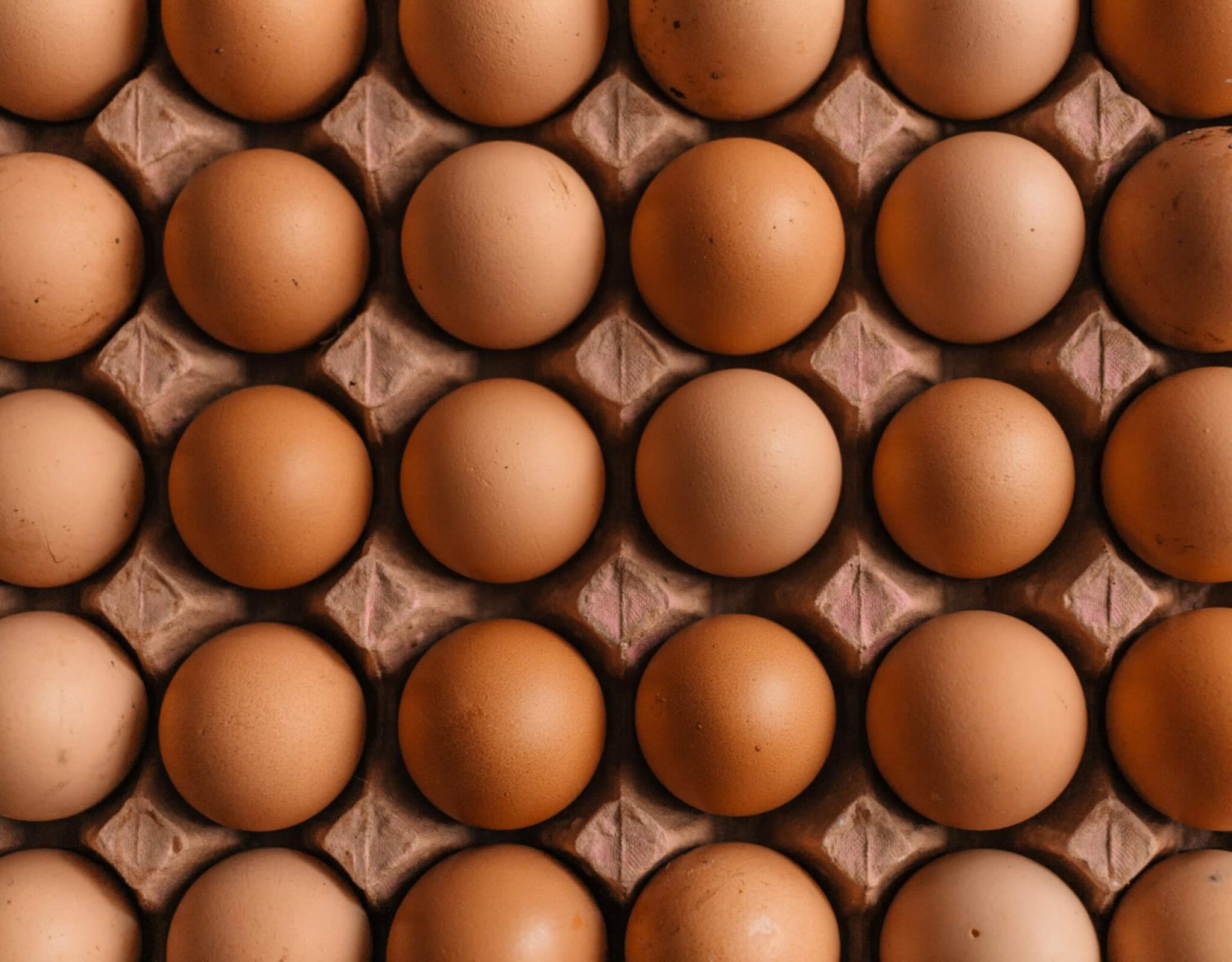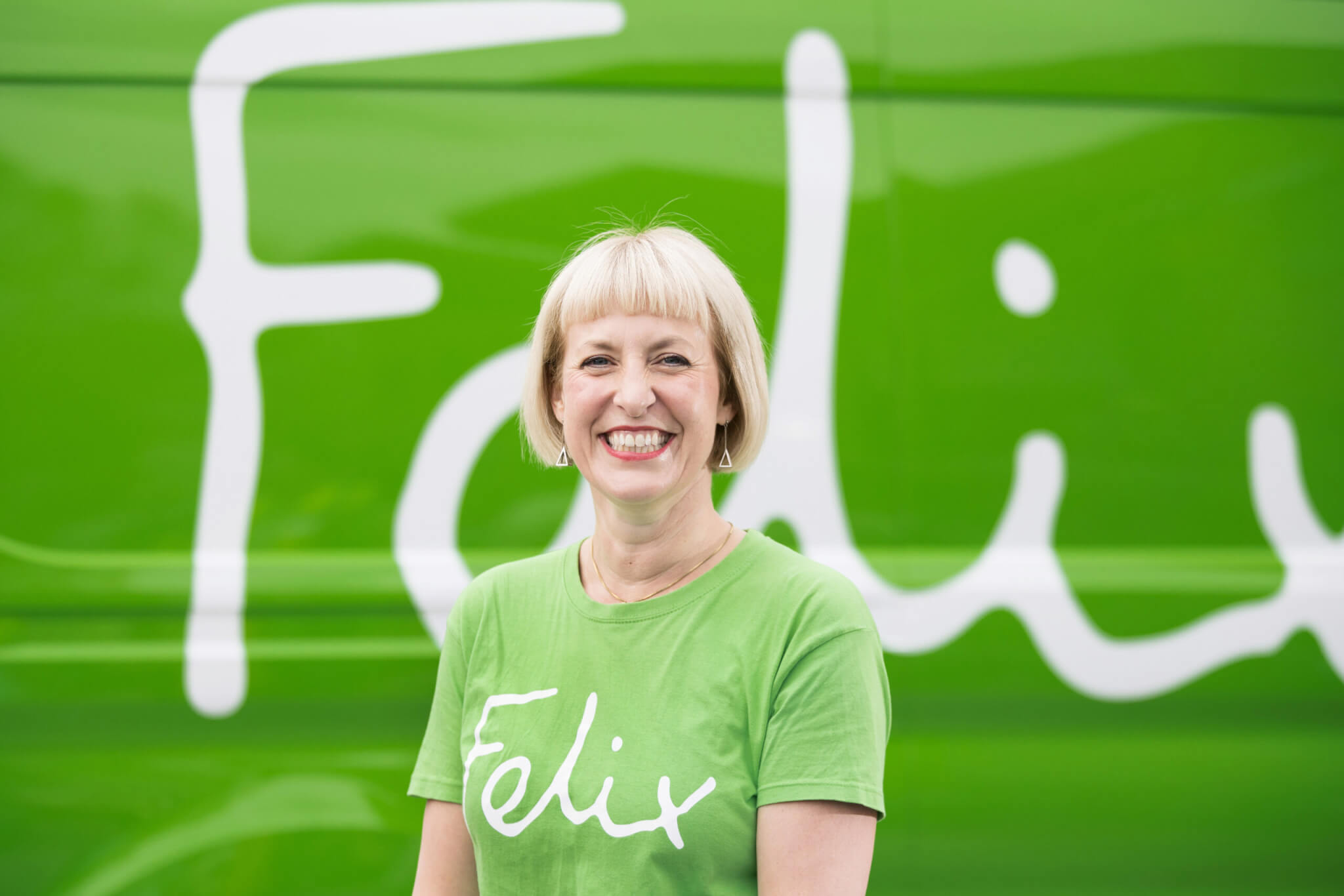Finally, some good news for chickens: the vast majority (92%) of companies with cage-free commitments of 2024 or earlier have succeeded in hitting their target.
Nestlé, Mondelez, Danone, and KraftHeinz were among the major food manufacturers commended in the Fair and Fowl 2025 Cage-Free Eggs Report for fulfilling their commitment, reporting progress on regional levels, and/or demonstrating clear steps to fulfil their commitments in emerging markets across the globe.
Nando’s, Costa, and Starbucks were among the restaurant chains designated ‘good eggs’ in the report, as were Marks & Spencer, Lidl, and Aldi. Accor, owner of hotel chains like Mercure and Ibis, and IHG, which runs Holiday Inn and Crowne Plaza, were also in the same basket (good news for all those buffet breakfasts).
Compass Group, the huge catering company that serves schools and hospitals, was among the companies singled out for special praise, having engaged fully and committed to bridging remaining gaps in its supply chain to ensure the eggs it uses are not from caged birds.
There are bad eggs too, according to the Open Wing Alliance, the coalition of 84 animal protection organisations in 72 countries that produced the report.
“Imagine being trapped in a train car so crowded you couldn’t raise your arms… for the remainder of your life. That’s life for billions of caged hens around the world,” the report reads. Indeed, the results of the Alliance’s largest investigation into industrialised egg farms earlier this year were “even worse than we imagined”.
With the vast majority of companies meeting their commitments and reporting transparently, the few that are falling behind stand out for failing to deliver the progress and accountability consumers increasingly expect, the alliance said.
Radisson Hotels were listed among the particularly bad eggs: they are “reporting low levels of fulfillment, despite having made a global cage-free commitment for 2025, back in 2019. Even more concerning, they have also removed their deadline, going back on their initial promise, raising serious questions on their plans to eradicate cages from their supply chain, as originally promised,” the report highlighted.
“The cage-free movement continues to gain global momentum, yet stark contrasts remain between companies honoring their commitments and those still stalling,” said Hannah Surowinski, senior associate director of global corporate relations at The Humane League. “Transparency is no longer optional – it’s the foundation of consumer trust,” she added.
Cage-free has rapidly become the bare minimum industry standard – one of the most reasonable and widely adopted animal welfare improvements. And at the end of this year, thousands of cage-free commitments – many made in 2016 – are due.
The report’s findings are largely encouraging – especially compared to that for broilers and the lack of progress made towards the Better Chicken Commitment, as reported by Wicked Leeks.
However, more than four billion hens worldwide remain confined to cages so small they cannot spread their wings or engage in natural behaviours. Caged housing systems are linked to high stress, disease, and poor bone health, all contributing to poor animal welfare, the Alliance said.
Austria, Luxembourg, and Switzerland have already banned cages, with others preparing to phase them out. In the UK, where seven million hens – or 18 per cent of UK egg production – remain in cages, the government is yet to legislate.
Tracey Jones, Global Director of Food Business at Compassion in World Farming (CIWF) said legislation “is essential to ensure a level playing field. Without it, responsible businesses – those moving towards or already using cage-free systems – risk being undercut by less committed competitors and cheap, lower-welfare imports,” she added.
CIWF has just launched a six-week social media advertising campaign, to mobilise consumer pressure on Defra, the Department for Environment, Food and Rural Affairs, to legislate against caged systems for laying hens.
Companies including Aldi, Greggs, and The Coop have been working with CIWF to push for the ban.
The Scottish Government last year consulted on phasing out barren and enriched cages, but is yet to publish the results or confirm next steps.










0 Comments